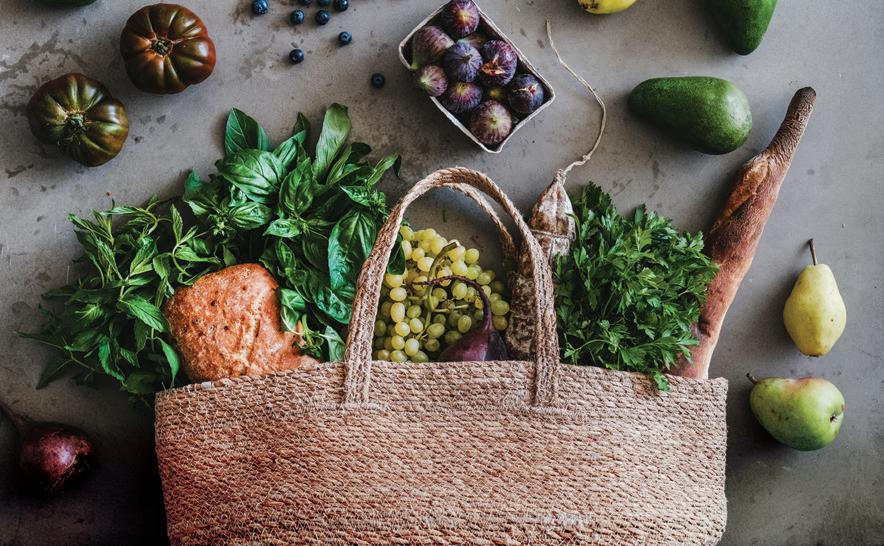
2 minute read
Living La Vida Local
from 2021 CSR
Chef Ray Volis, Eurest Executive Sous Chef for the @YourTable team, makes it a habit to celebrate local every day through his menu engineering, creativity and strong partnerships. Following his lead, the dining team created a direct connection between the farm and the guests, benefiting the entire community. Digital retail-shelf displays throughout the marketplace share the “We Support Local” story, while video monitors detail the origins of food and small businesses behind them.
The community-first message is strongly supported by the major financial software company client who believes everyone should have the opportunity to prosper. In fact, they partner with Foodworks on their Mountain View, CA campus to feature local restaurants daily. Part of global leader Compass Group, Foodworks is a simple, proven onsite dining platform that creates community through food by partnering with the best local restaurants and showcasing them in client operations to build connection with authentic, ethnic experiences where diversity is baked into the culture. “We received a large order for canisters of popcorn to be delivered to employees who were working from home. That order helped pay for our rent! We were like, ‘Oh my God! Hallelujah! It was awesome,” said Sandie from Pop’s Popcorn in Boise, Idaho.
Always supporting local, Chef Ray spent the day with Oya Organics Farm’s owner and operator Marsha Habib in Hollister, CA where he was inspired to create dishes featuring a local vinaigrette and fresh produce from Habib’s farm.
Traditionally, small business partners set up onsite pop-up stations for guests until COVID required nationwide shutdowns. Despite this potential setback, the mission to spotlight local remained a priority for Chef Ray. The @YourTable team incorporated small business products into their virtual Chef’s Corner cooking demonstrations and recipes, and partnerships continued as the grab-n-go meal program expanded. The large volume of purchases helped some small businesses keep their doors open.
“When you buy local at the store, the farmer gets just a small percentage because there can be many middlemen between the consumer and the farmer,” said Habib. “When we have direct relationships with the consumer, farmers can get a higher percentage of the sale. Plus, the consumer gets fresh produce that is harvested that day, or the day before compared to what they would get at a store.”
Produce from the women-owned and operated farm was featured during Farmworker Awareness Week in March and International Women’s Day in May.










